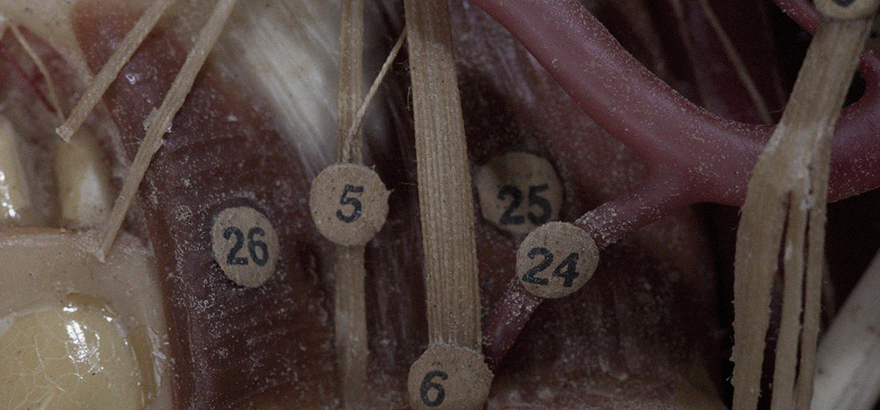Body

Food for thought?
The big science news of the past few days has been the announcement of the first artificially created beefburger. Physiologist Mark Post of Maastricht University programmed undifferentiated embryonic cells, better known as stem cells, to grow into specific types of muscle tissues that can then be used as a lean protein source. Grown in a laboratory, the first beef (muscle) patty was funded by Google co-founder Sergey Brin, cost $250,000 and took five years. Despite complaints about lack of actual taste, ethical objections, and confusion around the origins of the fetal bovine serum used to 'feed' the cells, the aim of the research is to sidestep the environmental impact of feeding an ever-growing population.
Full story
3D printing humans
More controversial biotech progress, as researchers at Hangzhou Dianzi University in China have unveiled the Regenovo 3D printer – a combination of cutting edge modern technology and bio-organic research. The 3D printer has the ability to create 3D objects out of living tissue. This same technique has been used in Cornell University in Ithaca, New York, to create a human ear and in Organovo in San Diego, California, to build entire organs such as a human liver. In the UK scientists at Heriot-Watt University in Edinburgh, have turned human embryonic stem cells into 3D-printer ink.
Full story
Rethinking parasites
Its time to re-address our distrust of parasites, argues ecologist Kevin Lafferty. Hugely ignored by scientific literature, parasites are in fact the most prolific, and so perhaps the most successful, lifestyle on the earth. Most animal species are parasitic. Humans alone are host to over 100 parasite species. In fact the more robust the ecosystem the more parasites can be found within it. Yet we still focus attention on trying to kill and prevent parasites. With climate change and human actions leading to increasing extinction perhaps it's time we started looking at them as an integral not detrimental underpinning of ecosystems.
Full story
Cancer research moves forward
A small but important breakthrough has occurred in the understanding of the mechanism of cancer and tumour growth. Tom Misteli at the National Cancer Institute in Bethesda, Maryland, has been studying a specific aspect of DNA repair. He has now recorded for the first time rare incidents of this process going wrong due to a particular enzyme malfunction. Whilst this malfunction is one tiny stage in a long chain of events, it has given an insight into certain cancers that scientists have previously struggled to understand.
Full story
Climate change confirmation
The American Geophysical Union has released its latest statement on the impact of human activity on the environment. It takes into account the accumulation of data from an ongoing global study of possible causes of the observed warming of 1.5 degrees Fahrenheit over the past 140 years. The statement begins unequivocally: "Human activities are changing Earth's climate." The statement aims finally to disprove any explanation that climate change could be entirely explained by non-human factors. Surely, then, governments can’t ignore the evidence any more. We can only hope that the announcement will finally lead to definite and immediate policy change.
Full story


Add new comment